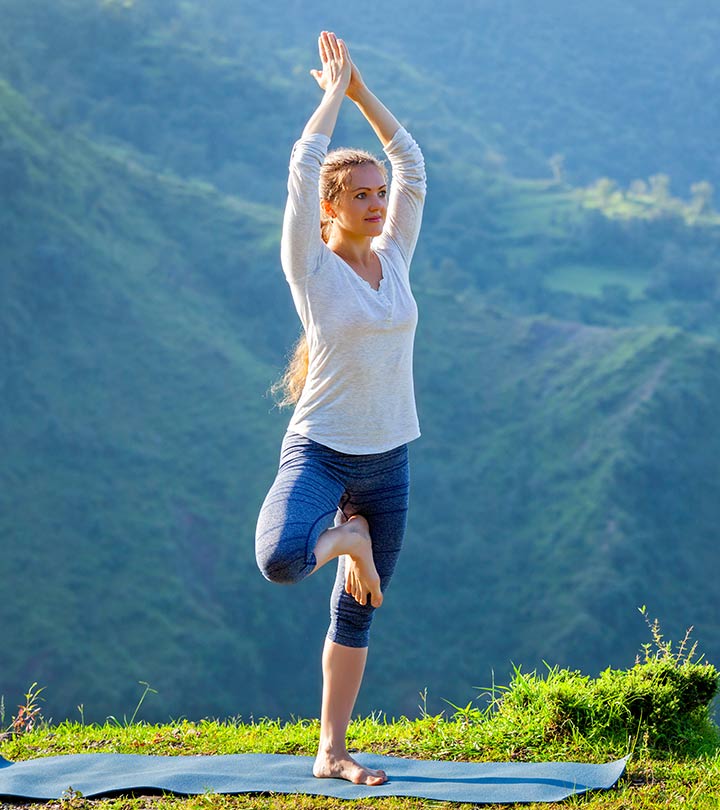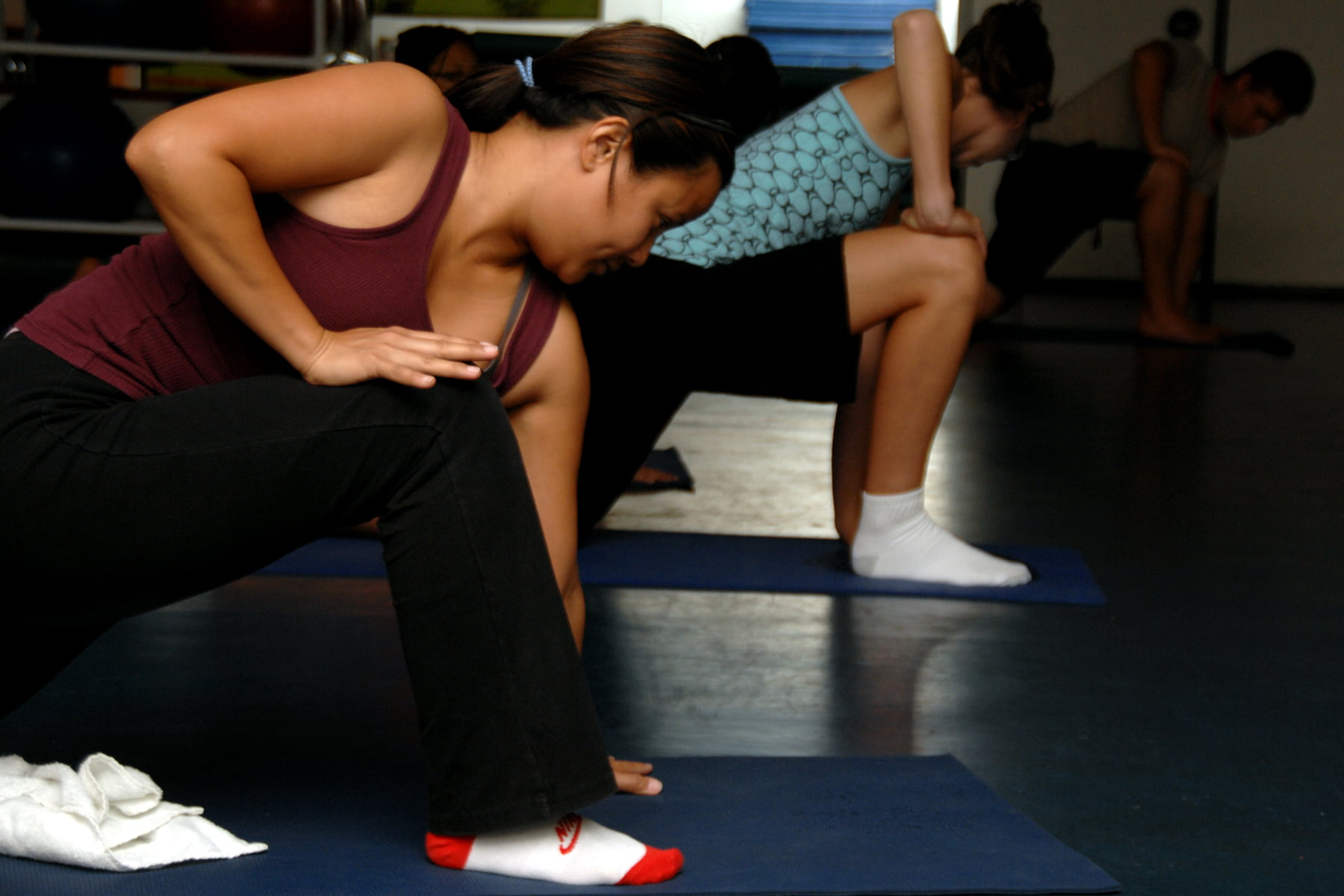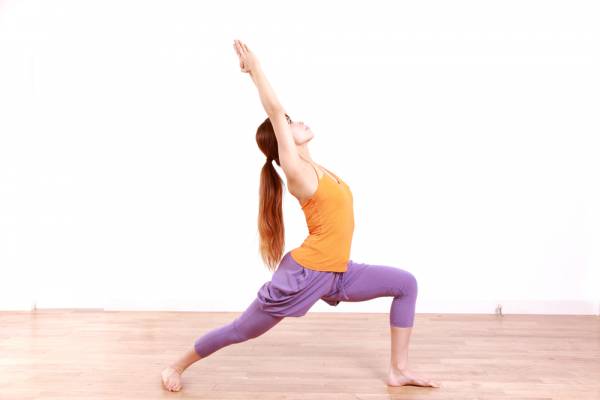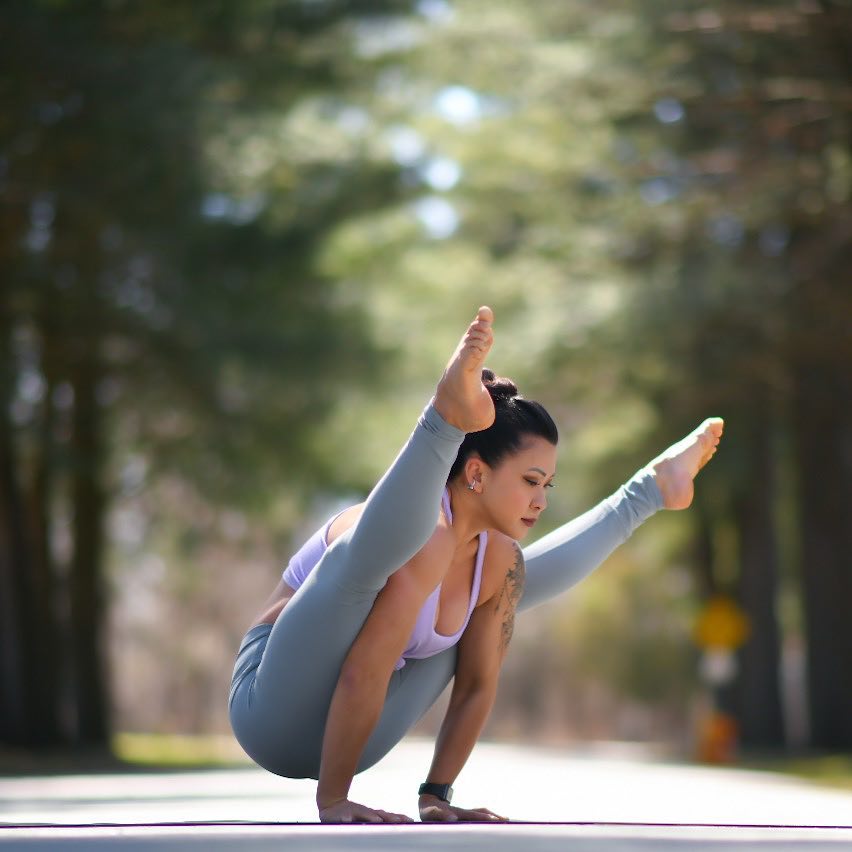
Sanskrit Name: Tittibhasana (टिट्टिभासन)
English Name: Firefly Pose
Type of Yoga: Ashtanga Yoga
Level of Yoga: Advanced / Intermediate
Duration: As per your capability or 30 to 60 seconds
Target Area: Wrists, Arms
Strengthens: Back torso, Inner Groins
Tittibhasana (Firefly Pose) is a yoga practice of advanced / intermediate level of yoga pose. It is a bit difficult to do this asana initially. But it can be learned from regular practice. In today’s article, we can make you do the Tittibhasana Yoga as well as the postures are done before and after it, its precautions and benefits.
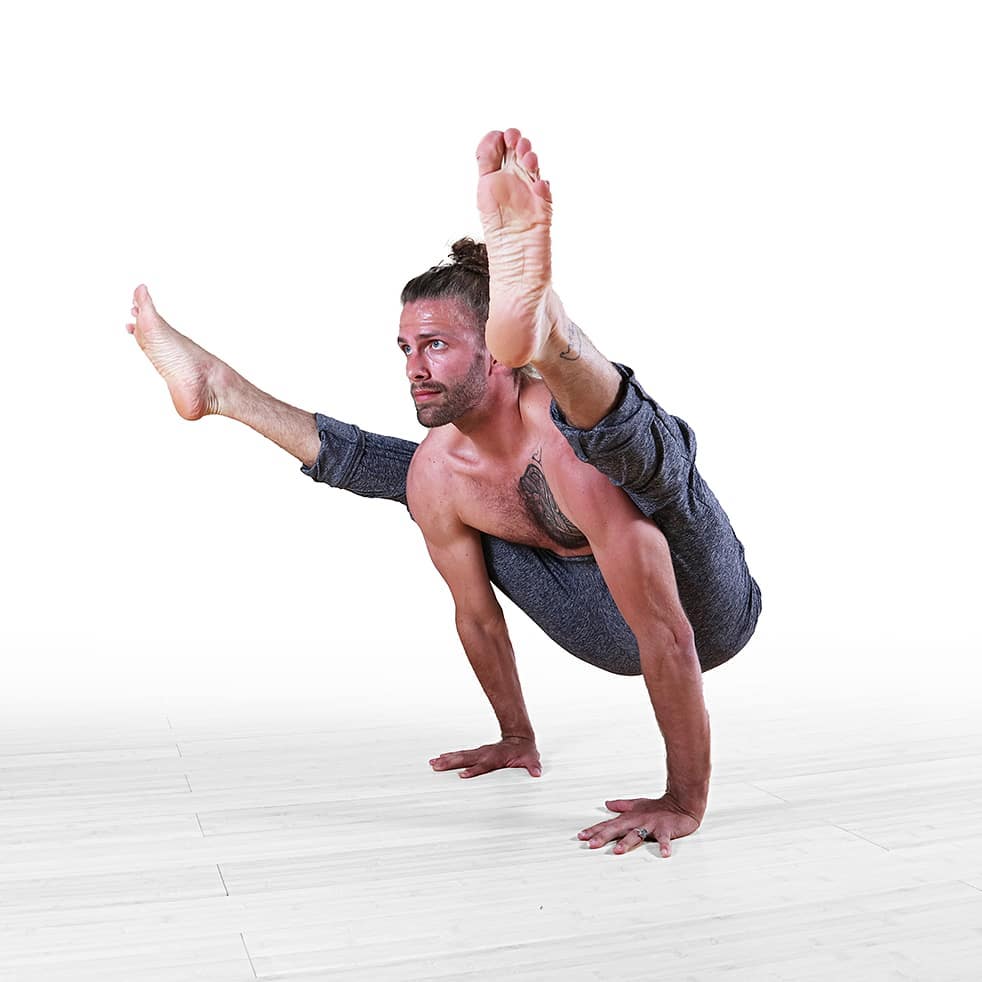
Table of Contents
What Does It Mean By Tittibhasana (Firefly Pose)?
The word Tittibhasana has come from the Sanskrit language. The word Tittibhasana is composed of two Sanskrit language words
The first word is “Tittibha (टिट्टिभा)”, which means “Firefly” and
The second word is “Asana (आसन)”, which means “Yoga Pose”
The body size in Tittibhasana becomes similar to Tittibhas i.e. Firefly. Tittibha is a type of bird which keeps its feet up and hence this seat has been named Tittibhasana. Regular practice of Tittibhasana (Firefly Pose) gives strength to the whole body. It is a balance pose. Let’s now know in details about the Tittibhasana (Firefly Pose) below.
In this article below I am going to discuss the method of doing Tittibhasana (Firefly Pose), its preparatory and follow up poses, its precautions as well as its benefits.
Preparatory Poses Of Tittibhasana
- Malasana (मलासन) or Garland Pose
- Garudasana (गरुड़ासन) or Eagle Pose
- Baddha Konasana (बद्ध कोणासन) or Bound Angle Pose or Butterfly Pose
- Bakasana (बकासन) or Crane Crow Pose
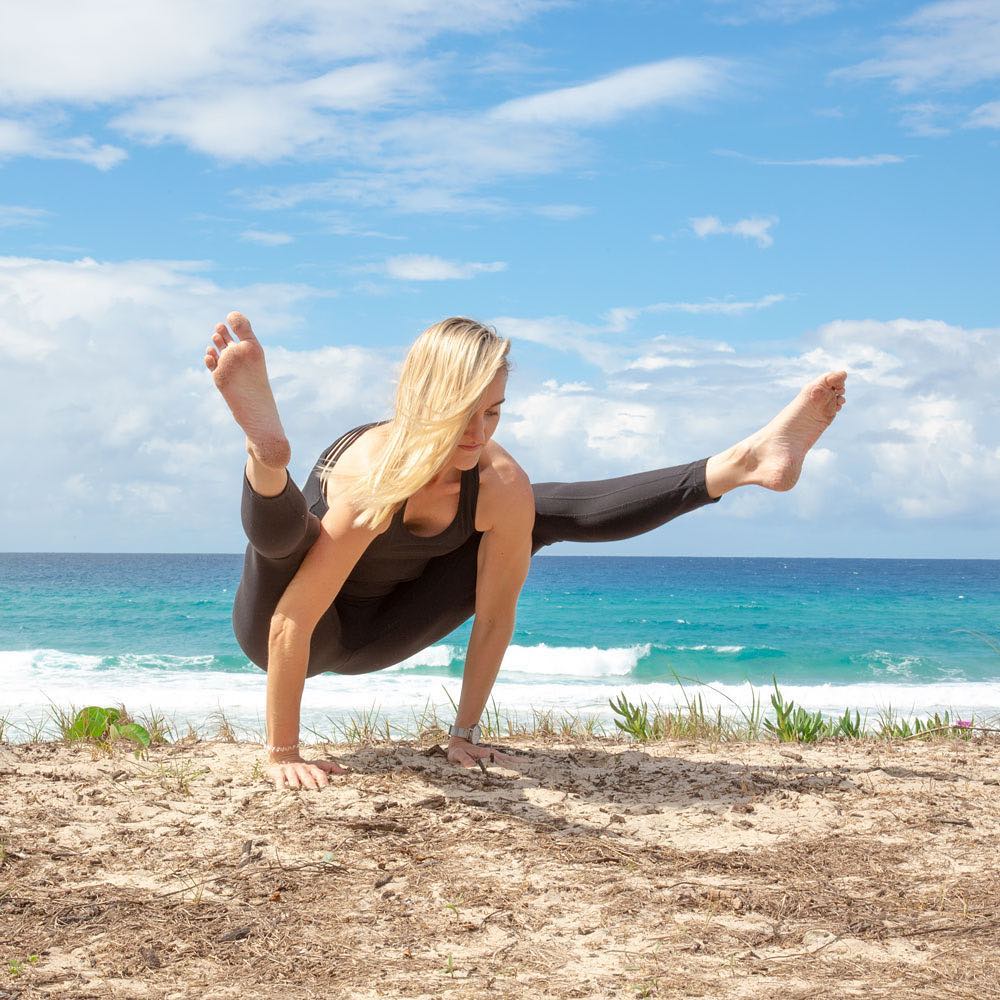
Method of Doing Tittibhasana
- To start the asana, sit on the ground normally in Adho Mukha Svanasana
- Spread the legs straight and keep the spinal straight and place your hand on the floor
- Take the feet a little wider than the hips
- Rotate the feet slightly outward
- Bend forward and tuck the shoulders behind the knees
- With the help of your hands, clasp the ankles’ back
- Place the hands behind the heels with the fingers pointing forward
- Fix your eyes on your thumbs
- With the fingers pointing forward, bend your knees as well as the elbows; sit in such way so that the weight of the pelvis comes on the upper arms completely
- Squeeze the legs against the arms, lift the feet, and straighten the legs
- Now focus on getting the legs straight forward when you squeeze your inner legs toward your midline
- Hold on to this posture for a few seconds as per your capability and get back to your previous position.
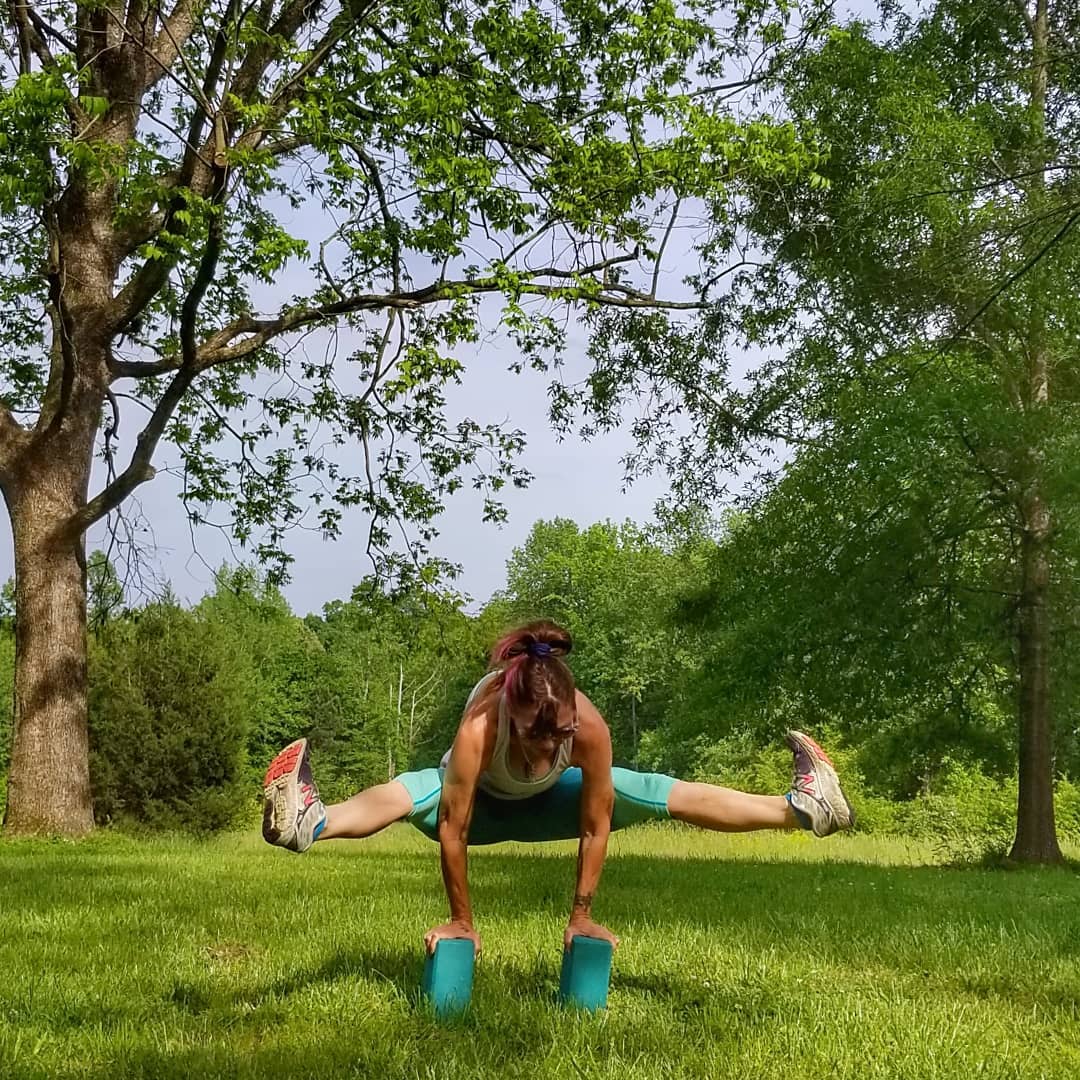
Beginner’s tips
Be careful of your sacrum and lower back while practicing Tittibhasana. If you feel uncomfortable with this forward bend then come out of this pose and work on the inner legs, outer hips, and hamstrings in more accommodating postures
If the hands do not come to the ground then you can put a folded mat or wedge under your palm.
In case this posture feels impossible, seek help from any yoga teacher.
Follow Up Poses of Tittibhasana
- Urdhva Mukha Svanasana (ऊर्ध्व मुख श्वानासन) or Upward Facing Dog Pose
- Padahastasana (पादहस्तासन) or Standing Forward Bend Pose
- Adho Mukha Svanasana (अधोमुख श्वानासन) Or Downward Facing Dog Pose
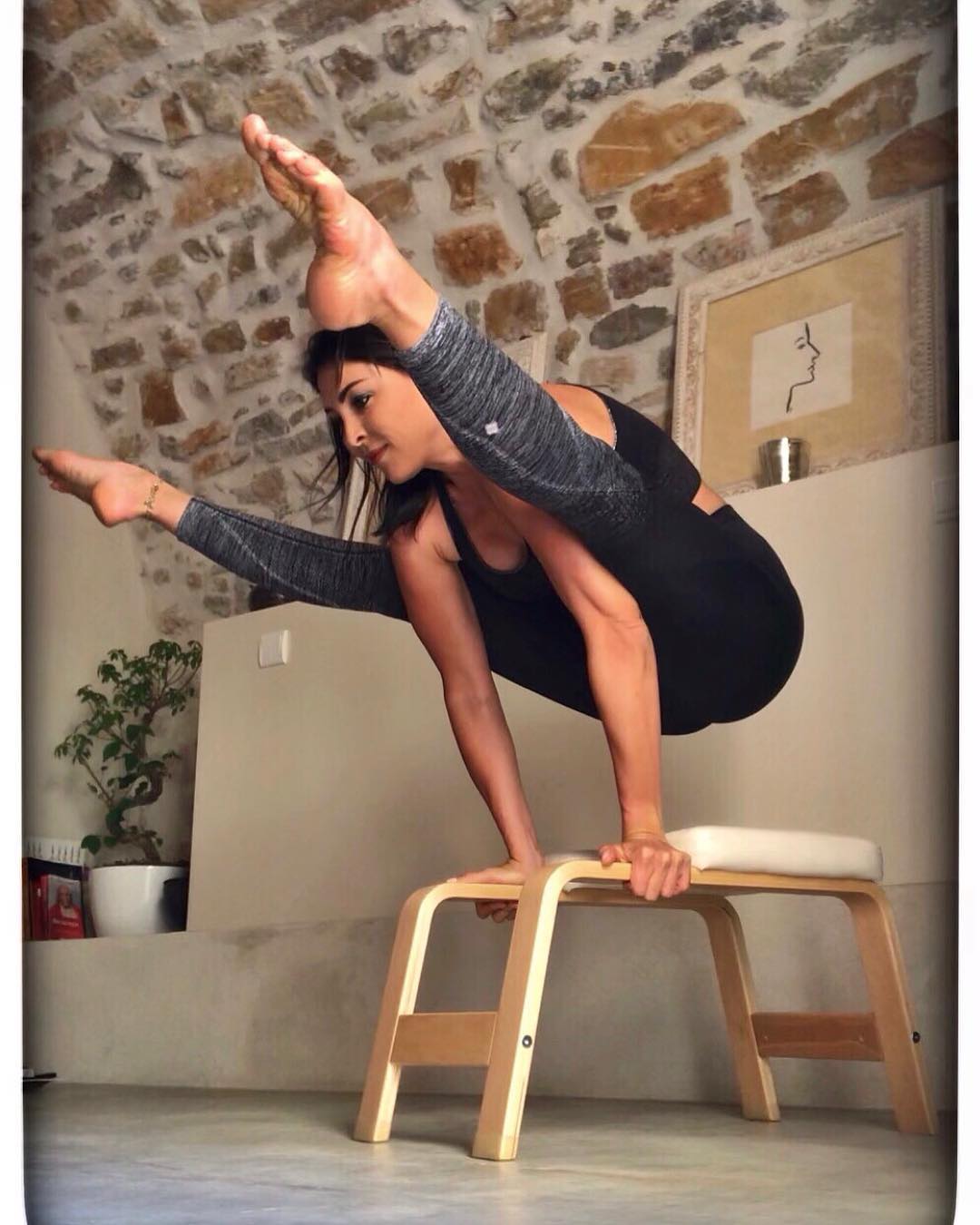
Precautions of Tittibhasana
If you have shoulder, wrists, back injury, and/or elbows injury then don’t do this asana
The full extension of the legs is probably the hardest part of this currency. For this, first of all, you are able to make a balance in it, even if your feet hang on, then gradually open the legs and try to expand
The practice of this posture is essential to perform in an empty stomach
You can practice it in both morning and evening. All you need to do is leave some time between your meal and practice
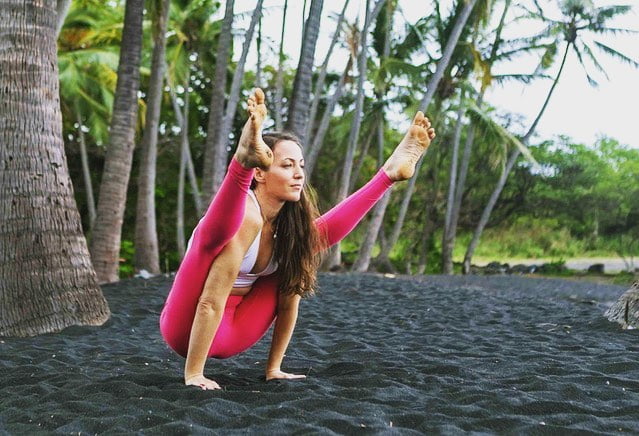
Benefits of Tittibhasana
- Our whole body bones become strong with regular practice of Tittibhasana and it makes our muscles harder
- Tittibhasana enhances physical strength and increases mental and spiritual strength and intellect
- Helps with toning your shoulders, hands, and wrists together
- Reduces stomach fat and tones up stomach muscles
- Helps to balance the body and increases the core strength
- Regular practice of Tittibhasana improves your arm balance and increases your arm strength as well.


